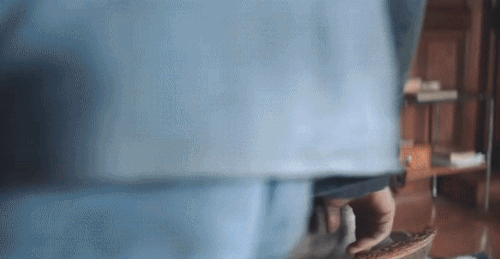The Aftermath: An Emotionally Stale Period Drama
Director James Kent follows up his critically acclaimed debut, Testament of Youth, with The Aftermath. Set in the fallout of postwar Germany, the film offers an interesting slant to the period drama romance, but it ultimately falls flat, lacking the emotional richness necessary to set itself apart from its confrères.
Rachael Morgan (Keira Knightley) arrives in the ruins of Hamburg in the bitter winter, to be reunited with her husband Lewis (Jason Clarke), a British colonel charged with rebuilding the shattered city. But as they set off for their new home, Rachael is stunned to discover that Lewis has made an unexpected decision: they will be sharing the grand house with its previous owners, a German widower, Stephen Lubert (Alexander Skarsgård), and his troubled daughter, Freda (Flora Thiemann). In this charged atmosphere, enmity and grief give way to passion and betrayal.
A large part of the problem with the The Aftermath is that it rests entirely on the surface, devoid of anything remotely subtextual. It’s full of pretty unlikeable characters, which does not do the the film any favors, and it fails to give them much complexity. It also doesn’t bother to utilize its setting (the bombed ruins of Hamburg in postwar Germany) as anything more than an on-the-nose backdrop metaphor. It lacks the emotional charge necessary to really grab a viewer, and It throws out every textbook romance pulp-trash cliche it can, leading to a lot of yawn-filled, eye-rolling moments.
It’s biggest sin, perhaps, is that when the dust settles it has absolutely nothing to say about war or love. If anything, it seems to suggest that war and love are both equally destructive; however, that’s more of me reaching for meaning, than it is an inherent message in the story, but even then, it’s not all that profound or nuanced. The whole affair falls heavily into the familiar formulaic trappings of the genre, making its moves, twists, and beats easily predictable, even to the most green of cinemagoers, and its proceedings are neither tantalizing or compelling.
It’s an odd film in the sense that it’s probably a bit too grisly on the warfront for the typical romance lover and a bit too sappy and romantic to satisfy connoisseurs of war cinema. It seems to want to please both masculine and feminine interests, and in doing so, it dulls down any semblance of an edge. It has some terrific set design and some beautiful cinematography though, but unfortunately, neither element is enough to make The Aftermath very memorable or set apart from other, more superior wartime romances, such Casablanca, Gone with the Wind, The English Patient, or Atonement.
It’s also peculiar in its attention to detail. Any German character who is outside the nucleus of the story seems to be weathered and struggling, yet those closest to the story look rosy-cheeked and healthy. For instance, the Germany citizens of Hamburg are supposed to be struggling with very little rations to go around, yet when Lubert’s daughter, Freda (who is by all accounts the most likable character), visits Albert (Jannik Schümann), a young German trying to keep Nazism alive in the wake of Hitler’s demise, he takes his shirt off for no apparent reason, revealing a set of chiseled abs. I find it hard to believe that someone struggling to eat regularly would have that kind of sex appeal, but that’s the kind of film this is.
The cast is comprised of actors who are capable of delivering quality performances, but there’s nothing to commend them for here. I think they were doing the best they had with a weak script — co-written by a dude whose pseudonym is Joe Shrapnel, probably one of the coolest things about this hunk o’ junk — but there’s a rigid quality to their execution that keeps viewers at arm’s length. The screenplay took three people to write, and it suffers from having too many cooks in the kitchen. The story is too bloated with unnecessary threads and too skimpy on its exploration of these characters loss and grief. The conflict comes late, and the resolution fizzles out in an lackluster display of female indecision.
All in all, it’s uniformly marginal and unremarkable in almost every single way. My only real takeaway is that if you leave your woman alone with Alexander Skarsgård, he will naturally and effortlessly seduce her and bed her down. But what man walking among us isn’t already fully aware of that?
Recommendation: Only seek this out if you’re a passionate period drama enthusiast; otherwise, hard pass on it.
Rating: 2 soft caresses outta 5.
What do you think? Was The Aftermath flat for you? Were you enveloped in the story? We want to know. Share your thoughts and feelings in the comments section below, and as always, remember to viddy well!



